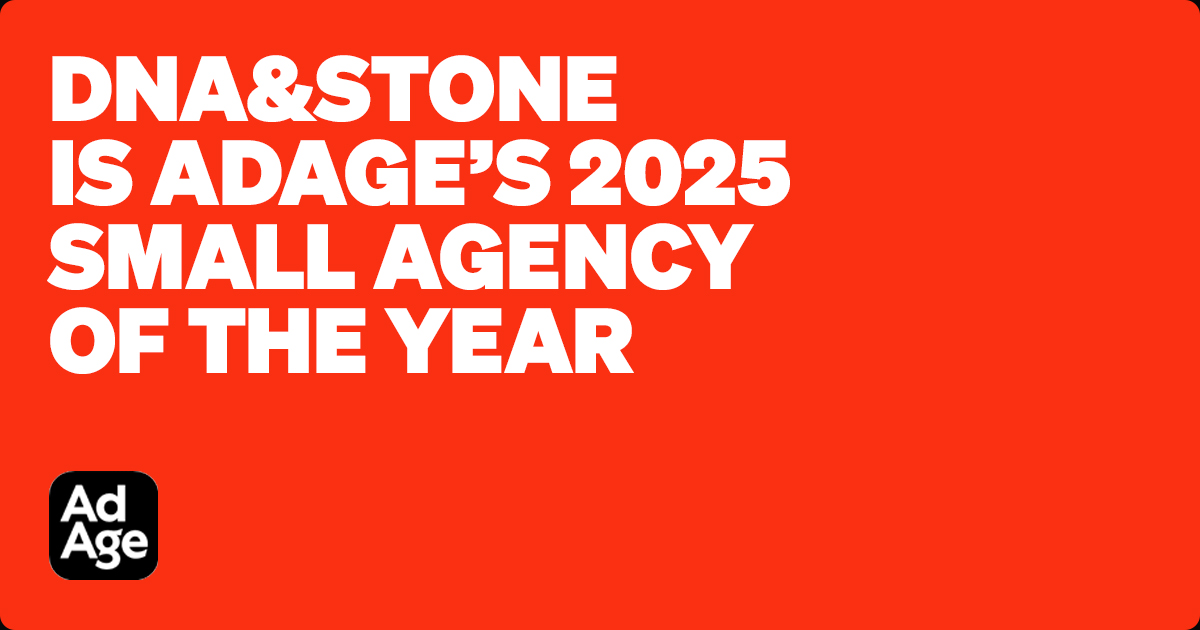AdAge: Why I Hope I Was A DEI Hire

I got my start in advertising in the early ‘90s. Like today, breaking into the industry wasn’t easy. The economy was still recovering from a recession, jobs were scarce and the percentage of Black professionals in advertising hovered around five percent—which, frustratingly, isn’t all that different from today’s seven percent.
Growing up as a latchkey kid, I watched Darrin Stephens in “Bewitched” and Peter Scolari and Tom Hanks in “Bosom Buddies” and thought that advertising was the career for me. So, I started the grind—sending cover letters, requesting informational interviews and spending hours researching agencies and famous campaigns at the library.
Then, one day, I saw a help-wanted ad for a part-time assistant account executive position at one of Seattle’s biggest and most prestigious ad agencies. This was it—my shot. I applied immediately.
A reality show before its time
Getting that job felt like something out of a reality competition—like the dynamics in “The Apprentice” years later. The agency brought in three of us—me, a white woman and a white man—to work for three months, announcing that only one of us would be hired full-time. We were all fresh out of college, eager, and hungry for the opportunity.
Why was I among the lucky three chosen out of a large pool of candidates? Was race a factor? Maybe. And if it was, then that agency made one of the smartest decisions possible. Because DEI isn’t about giving people opportunities they don’t deserve—it’s about making sure companies don’t overlook talent that does.
I wasn’t a straight-A student, but I worked hard in school. I was a student-athlete, captained my football team as a senior and held down a job all four years to make ends meet. I knew how to lead, communicate and put in the work. But I didn’t come from a big-name school, didn’t have flashy internships and didn’t have any industry connections to open doors for me.
DEI is how meritocracy actually happens
Before DEI efforts, a person’s career opportunities—hiring, assignments, promotions—weren’t always based on talent. You could be included or excluded from consideration based on things that had nothing to do with ability: gender, race, ethnicity, age, social connections, family wealth or even just “fitting in.”
But DEI expands the talent pool, ensuring that skilled, qualified and capable people get a real shot. If my race played a small role in getting my foot in the door, I can guarantee you that merit—my work ethic, my life experiences and my problem-solving approach—was what pushed it wide open. At our agency, we call this cognitive diversity or experiential diversity—the idea that our different life experiences shape how we think and solve problems. The research backs it up: Diverse teams perform better.
DEI is about talent
Here’s what people get wrong about DEI: It’s not about quotas or checking a box. It’s not about lowering the bar. It’s about ensuring the right people—who may have been overlooked in the past—get a fair shot.
The benefits speak for themselves and include:
- Stronger employee engagement
- More innovation and creativity
- A wider talent pool
- Better strategic thinking
- Higher profits and expanded customer bases
DEI is a business strategy
As you might have guessed, I earned that assistant account executive position after the three-month competition. The opportunity launched a career beyond anything I could have imagined. I’ve worked at some of the best agencies on brands I once dreamed of—learning from some of our industry's most talented and iconic people.
Looking back, I never considered whether my diversity played a role in being a candidate. But you know what? I hope it did. Because I know that at every stop in my career, I helped make those places better. Perhaps even teaching or inspiring others along the way.
Now, as a founder of a new agency, you can bet that DEI is central to our business strategy. Not because it’s trendy. Not because it’s politically correct. But because it makes us stronger. We want to be one of the most disruptive, effective creative agencies out there—and diversity of thought, experience and background is what will get us there.
Because at the end of the day, DEI isn’t just the right thing to do—it’s the smart thing to do. It helps attract the best talent, push creative ideas, and deliver bold, boundary-breaking work for clients.
That’s why I hope I was a DEI hire.


